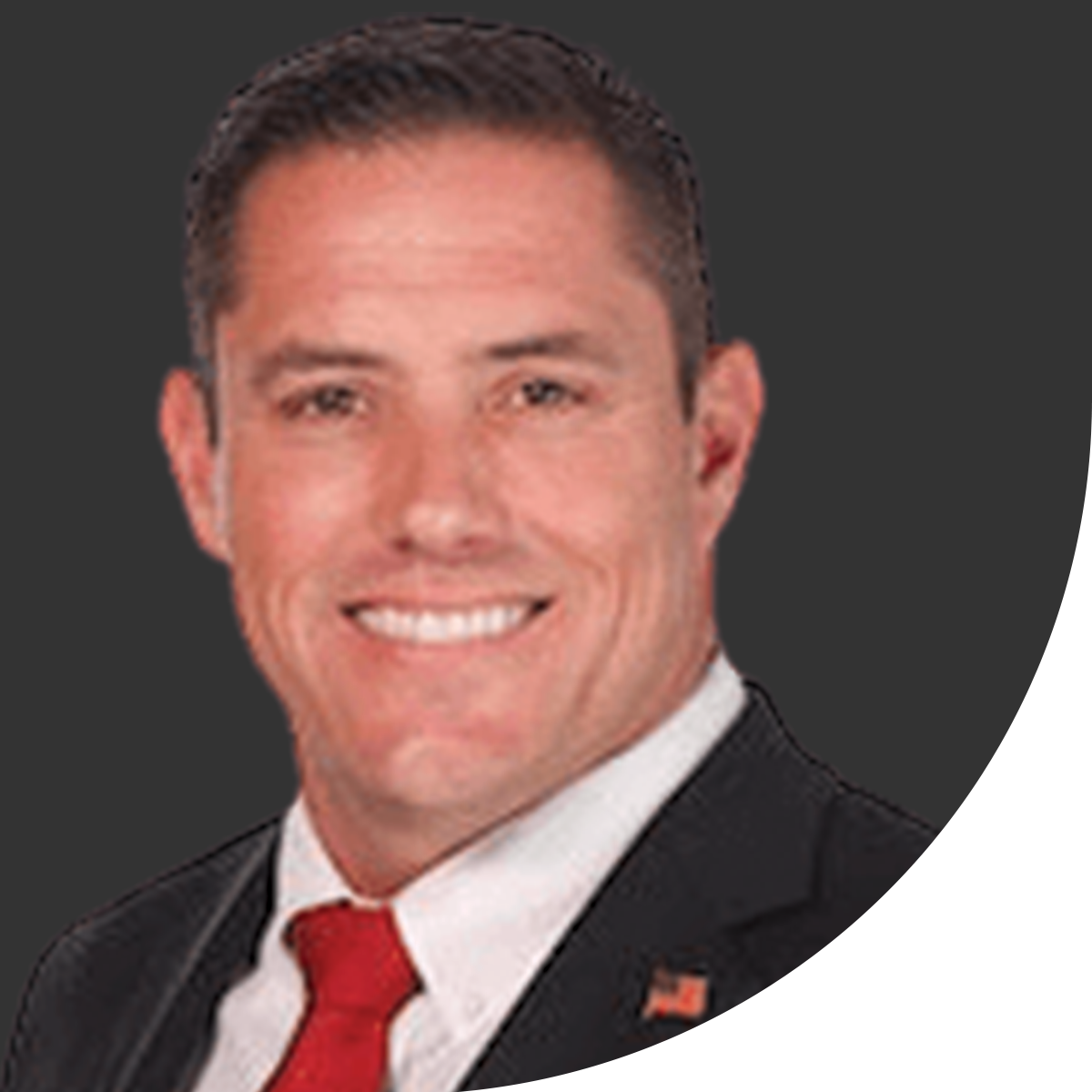Building Capacity in the Homeland Security Workforce

So What?
The Department of Homeland Security needs a steady pipeline of talent to combat tomorrow’s threats. In particular, DHS has recognized fentanyl as a particular problem for the U.S. homeland. Tackling this challenge can save lives and has the potential to expose new students to a future career in the homeland security enterprise.
Project Summary
This project is focused on educating the future national security workforce through San Diego State University’s Graduate Program in Homeland Security. It will create clear transitions to DHS through course content, coursework, and workshops. This year, the project will specifically focus on the fentanyl and synthetic drug epidemic, with coursework examining how the problem intersects with terrorism.
Purpose/Objectives
This project seeks to develop and educate a future workforce in the homeland security enterprise, with a specific focus on terrorism, extremism, and radicalization. Project leaders work to provide graduate students with a real-world perspective through partnerships with national security professionals. In Year 4, the hope is to expose students to national security careers by engaging with the practical problem of fentanyl and related drugs, educating them in data analytics, immigration and asylum concerns, money laundering, and links to global terrorist groups.
Method
This project’s methodology is four-fold:
- Coursework that aligns with DHS and NCITE priorities
- Experiential opportunities that are provided through partnerships between SDSU and practitioners, such as the San Diego County Sheriff’s Crime Laboratory
- Theses completed as part of the master’s degree program
- A workshop held for DHS/HSE practitioners on fentanyl and its implications for DHS and violence prevention
Outputs and Impact
- Student theses that national security practitioners will have access to
- An end-of-year workshop about fentanyl and its terrorism implications.
|
|
Eric Frost, Ph.D.
|
|
|
Lance Larson, Ph.D.
|

